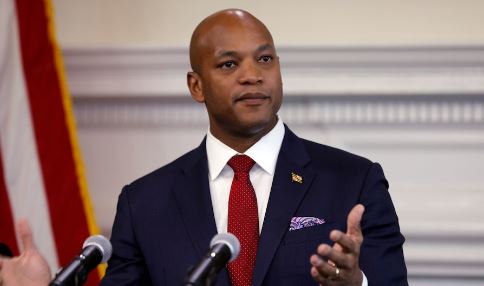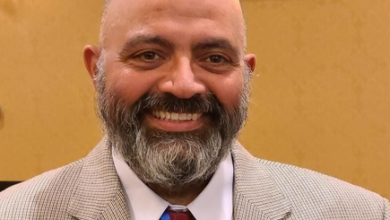Disparities in Cannabis Arrests: Maryland Governor Highlights Racial Inequality

Maryland Governor Wes Moore recently brought attention to a significant racial disparity in cannabis-related arrests. According to Moore, Black Marylanders are three times more likely to face detention for cannabis charges compared to their white counterparts. This statement underscores a broader issue of racial inequality within the state’s criminal justice system.
Governor Moore’s remarks come amid ongoing discussions about cannabis legalization and its social implications. He emphasized that while the state has made strides toward reform, the uneven enforcement of cannabis laws continues to disproportionately impact Black communities.
The data revealing these disparities is part of a broader pattern seen across the United States, where Black individuals face higher arrest rates for cannabis offenses despite similar usage rates among racial groups. In Maryland, this issue is particularly pressing, as the state works to navigate the complexities of legal cannabis while addressing historical injustices.
Governor Moore’s administration is committed to tackling this inequality through various measures. One of the key strategies involves expunging past cannabis-related convictions, which disproportionately affect Black Marylanders. This move aims to provide relief to those who have been unfairly targeted by the system and to offer them a chance for a fresh start.
Additionally, Moore is advocating for policy changes that ensure equitable enforcement of cannabis laws moving forward. This includes training for law enforcement officers to prevent biased policing and implementing community-based programs that focus on education and harm reduction rather than punishment.
The governor’s stance has sparked conversations among policymakers, activists, and community leaders about the need for comprehensive criminal justice reform. Many agree that addressing the root causes of racial disparities in cannabis arrests is crucial for achieving true equity in the state’s legal system.
As Maryland continues its journey toward cannabis legalization, Governor Moore’s focus on racial justice serves as a reminder of the importance of fairness and equality in the implementation of new laws. The state’s efforts to correct past wrongs and create a more just future are essential steps in building a more inclusive and equitable society.





